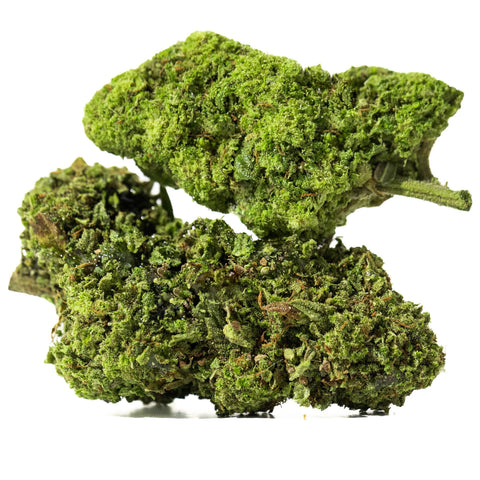
HHC-P (Hexahydrocannabinol p) is a compound that has gained attention in the cannabis community for its potential psychoactive effects and similarity to Delta-9-Tetrahydrocannabinol (THC).
HHC-P is a synthetic cannabinoid that shares structural similarities with THC, the well-known psychoactive compound found in cannabis. It is often marketed as a legal alternative to THC, as it can produce similar effects when consumed. However, the legal status of HHC-P varies across different countries and jurisdictions.

It is important to note that the legal status of HHC-P is subject to change, and regulations may differ from country to country. As of the time of writing, the information provided here offers a general overview, but it is advisable to conduct thorough research or consult with legal experts for the most up-to-date information.
Germany: In Germany, HHC-P is classified as a controlled substance under the New Psychoactive Substances Act (NpSG). Possession, distribution, and sale of HHC-P are illegal, and penalties may apply.
United Kingdom: In the United Kingdom, HHC-P is considered a controlled substance under the Misuse of Drugs Act 1971. This means that possession, distribution, and sale of HHC-P are illegal, and offenders may face legal consequences.
France: In France, HHC-P falls under the category of synthetic cannabinoids, which are generally prohibited. Possession, distribution, and sale of HHC-P are illegal, and penalties can be severe.
Netherlands: In the Netherlands, the legal status of HHC-P is unclear. The Opium Act, which regulates controlled substances, does not specifically mention HHC-P. However, it is important to note that possession, distribution, and sale of psychoactive substances can still be subject to legal scrutiny.
Other European Countries: HHC-P's legal status in other European countries may vary. Some countries may have specific legislation that bans HHC-P or includes it within existing laws governing synthetic cannabinoids or psychoactive substances.
The legal landscape regarding HHC-P is constantly evolving, and it is essential to remain vigilant and informed about the regulations in your specific country or region. Law enforcement agencies are actively monitoring the market for new psychoactive substances, and substances like HHC-P may be subject to legal control.
Additionally, it's important to remember that legality does not necessarily equate to safety. Research on the potential risks and effects of HHC-P is limited, and the long-term consequences of its use are not fully understood.
← Entrada antigua Publicación más reciente →